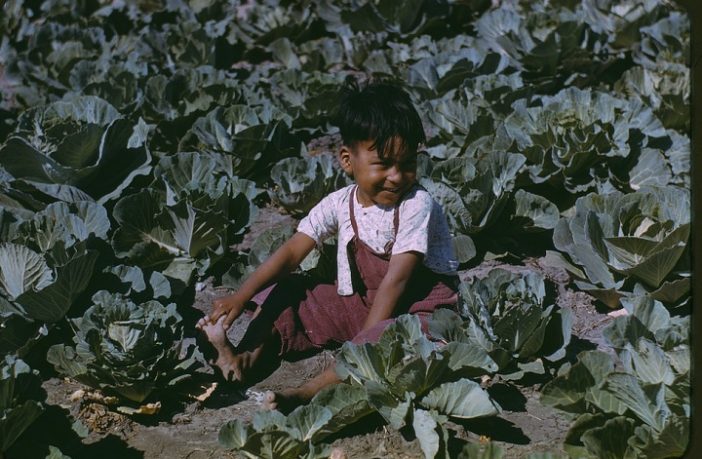If asked what duties the agents of the U.S. Customs and Border Protection (CBP) undertake every day, most people will probably respond with something along the lines of “detaining illegal aliens and drug/human traffickers along the southern border.” And while these duties indeed make up a significant portion of CBP efforts, the majority of funding for CBP in most years is actually designated to customs enforcement.
Part of combatting illicit trade includes ensuring that imported goods are not produced using slave labor. Section 307 of the Tariff Act of 1930 (19 U.S.C. § 1307) prohibits importing goods or materials that were produced using forced labor of any kind.
On October 15, CBP agents at the Los Angeles/Long Beach Seaport seized a shipment containing 32 cartons of clothing suspected to have been manufactured using forced labor. The shipment originated in China’s Xinjiang Uyghur Autonomous Region, where the Chinese government systematically imprisons ethnic and religious minorities, often forcing them to work in manufacturing facilities for little or no compensation.
“The Trump administration is taking decisive action to combat the brutal practice of forced labor and counteract China’s unfair trade practices,” CBP Acting Commissioner Mark A. Morgan said regarding the seizure. “Forced labor not only subjects workers to violence and intimidation, but it also hurts U.S. businesses and the economy.”
Sourcing manufacturing in countries that permit or facilitate inhumane labor practices is yet another way in which many large corporations bend over backwards to forgo hiring Americans. Many of these same corporations, such as Apple and Dell, have hired thousands of H-1B workers over the past few years. Apple has gone so far as to condemn the Trump administration for suspending the importation of temporary foreign workers during the COVID-19 pandemic – a time when millions of American citizens are without employment.
No decent person wants to incentivize forced labor, and an important step in preventing that is to keep such products from being covertly introduced into the market without consumer knowledge. If CBP is abolished like so many open borders advocates desire, it would become much more difficult to identify and stop the importation of goods that are produced by slave labor, along with other illicit trade. So, in addition to deterring illegal immigration and combating the illegal drug trade, CBP helps ensure that the products which do enter the United States are ethically sourced.




